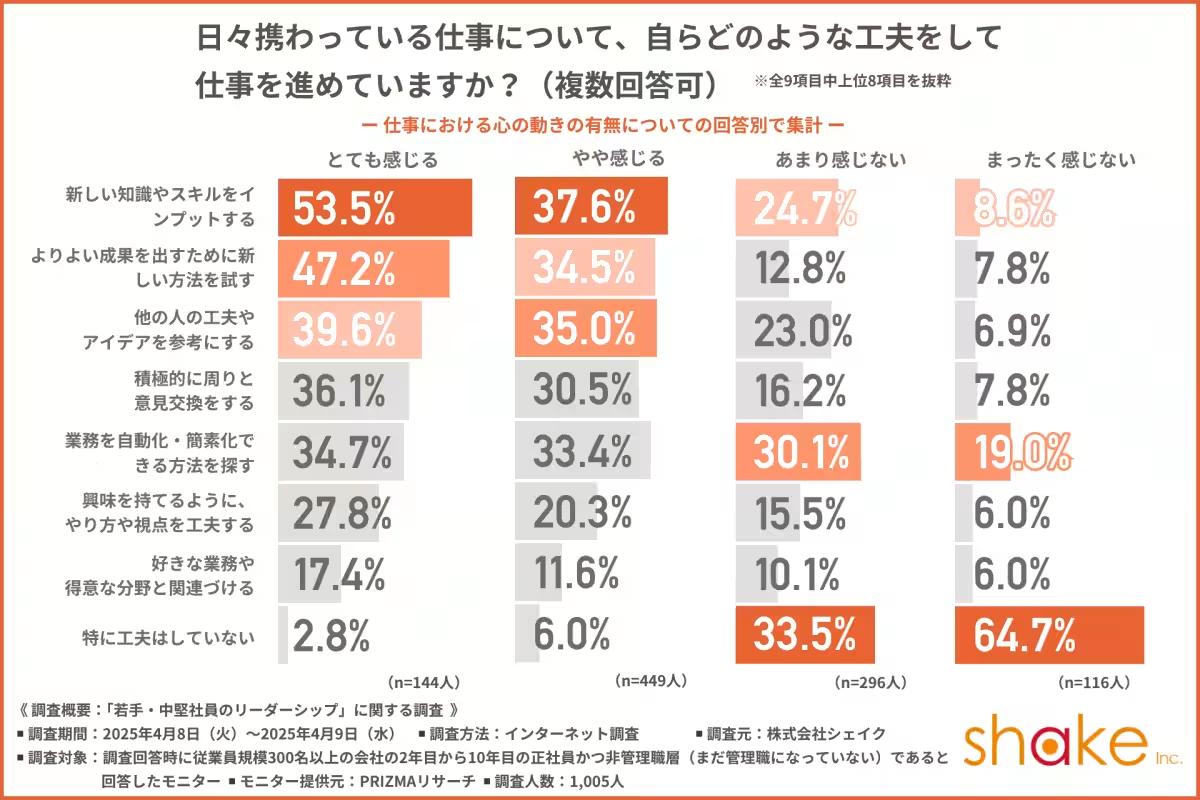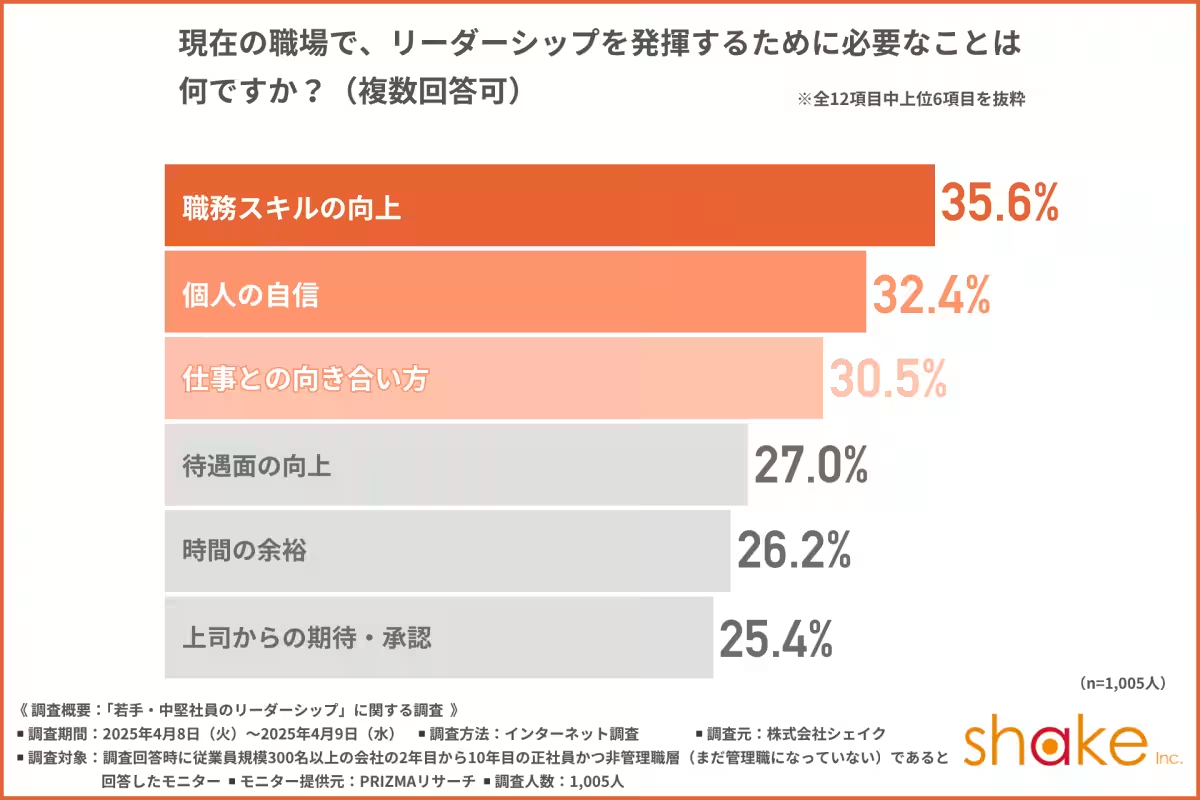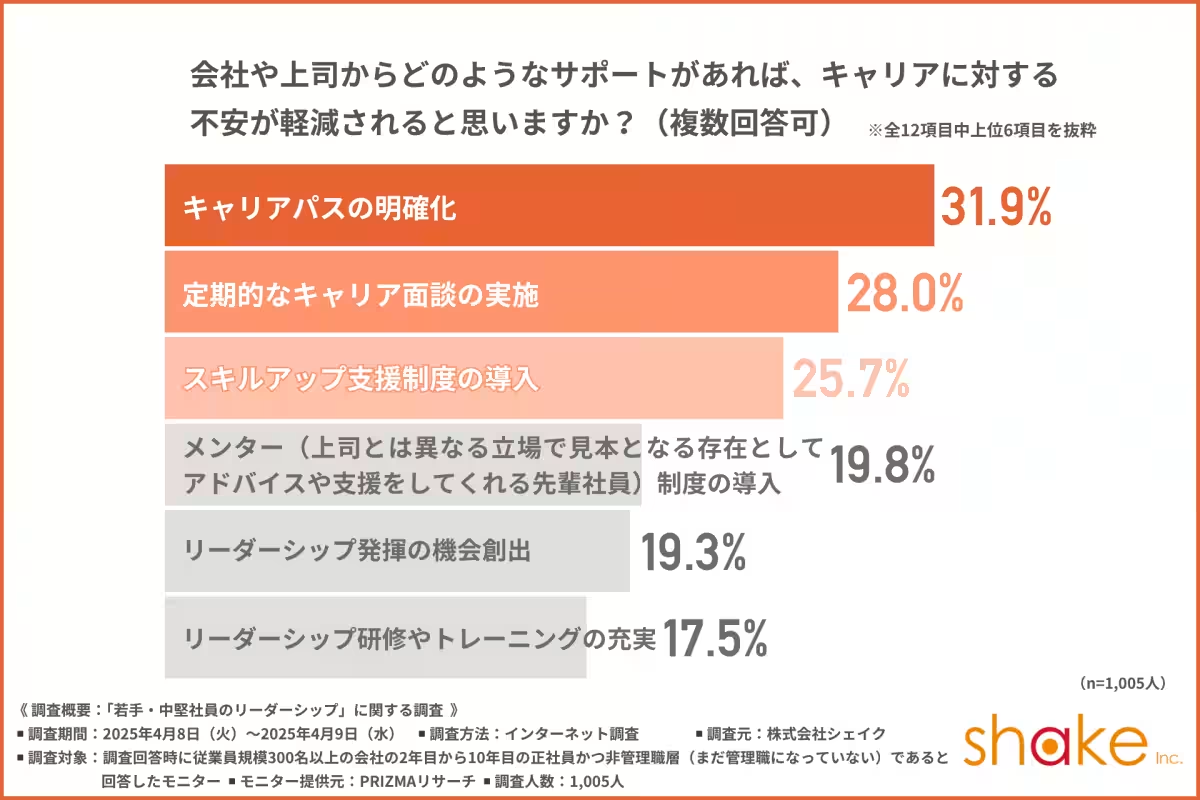

Exploring the Leadership Environment and Support Needs of Young and Mid-level Employees
Introduction
In recent studies, curiosity has emerged as a key factor affecting the quality of work and leadership among young and mid-level employees. Shake Inc., located in Chiyoda, Tokyo, conducted a survey focusing on employees in their second to tenth year at companies with over 300 workers, specifically those in non-managerial positions. This article explores the findings of this survey and its implications in today’s corporate world.
The Role of Curiosity in Work
The study revealed that around 60% of respondents experience emotional engagement such as curiosity, enthusiasm, and even frustration in their daily tasks. This engagement significantly enhances their work experience, pushing them to seek out challenges and learn new skills. Many noted that moments of emotional engagement often occur when they acquire new skills or successfully navigate through challenges. This highlights the essential correlation between emotional involvement and leadership behavior, as productive and engaged employees are more likely to exhibit proactive leadership qualities.
The Need for Autonomy in Problem-Solving
Interestingly, those who report higher emotional engagement also demonstrate greater initiative to think creatively in their roles. In the survey, those who felt a strong emotional connection to their work were more likely to implement new strategies or incorporate innovative ideas from their colleagues. Conversely, those who expressed low emotional engagement typically reported feeling unmotivated and showed little willingness to change their approaches or learn new skills. Encouraging self-directed learning and collaboration can cultivate a more enthusiastic workforce and encourage leadership growth.
Fostering an Environment for Leadership
However, the findings indicated a discrepancy between the desire to take on leadership roles and the opportunities available for doing so. While over 50% of respondents felt there were opportunities for leadership within their workplace, a surprisingly significant number remained unsure about their ability to seize those moments. Internal factors such as lack of confidence or motivation played a major role in hindering their capacity to take action. Specifically, nearly 30% cited a lack of self-confidence as a primary barrier to leadership engagement.
Empowering Future Leaders
To truly empower young employees, companies must recognize and nurture the potential for leadership among all staff. By fostering environments that prioritize education, mentorship, and open communication, organizations can help young talent break through these psychological barriers. The data also suggested that leadership is not limited to management roles but can manifest in every level of the organization when individuals feel valued and supported.
The Role of Career Support
As the survey continued, questions about the future impact of leadership experience emerged. An overwhelming majority believed that leadership skills would benefit their careers, yet less than half expressed having clear career aspirations. This lack of defined goals may affect their overall job performance and drive to lead. Employers must reevaluate their career support strategies to ensure they align with the personal motivations of their employees. Regular career discussions and clear paths for advancement were cited as critical components for alleviating employee anxiety about future prospects.
Conclusion
The results of Shake Inc.'s survey underscore the vital connection between emotional engagement, leadership potential, and the need for structured support in corporate settings. Young and mid-level employees exhibit a strong desire to take on leadership roles, yet many face psychological hurdles that prevent them from thriving into those roles. It is essential for organizations to create developmental pathways that empower employees at every level, fostering a culture of shared leadership where curiosity and proactive behavior thrive. Addressing both the emotional dynamics at play and the structural needs of the workplace will be crucial in cultivating the next generation of leaders.








Topics People & Culture)










【About Using Articles】
You can freely use the title and article content by linking to the page where the article is posted.
※ Images cannot be used.
【About Links】
Links are free to use.